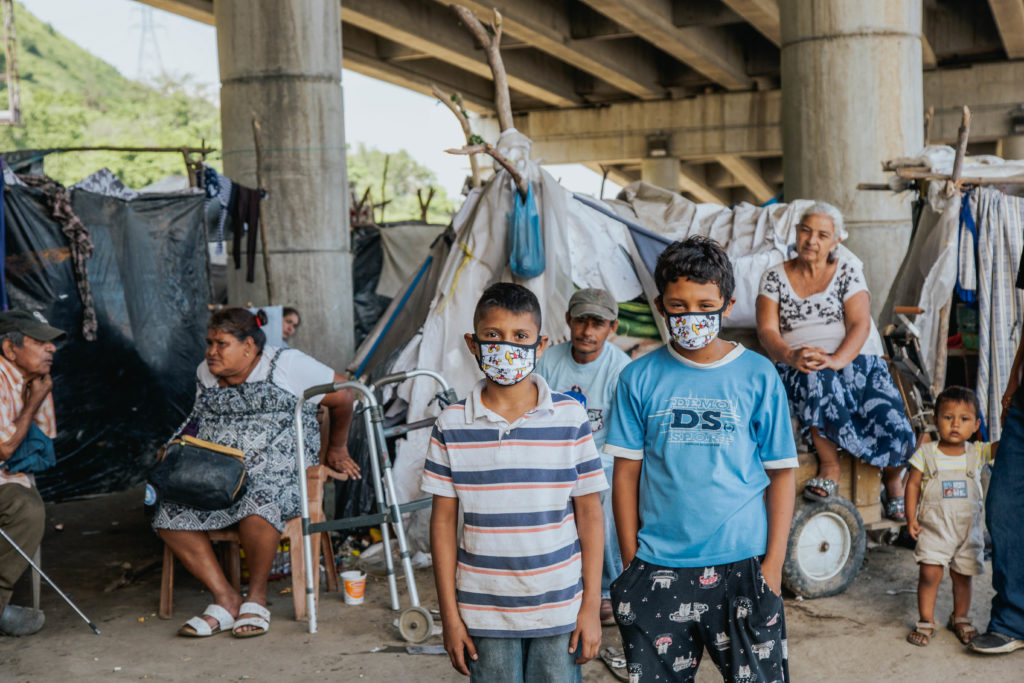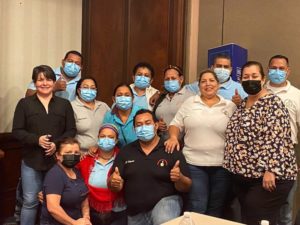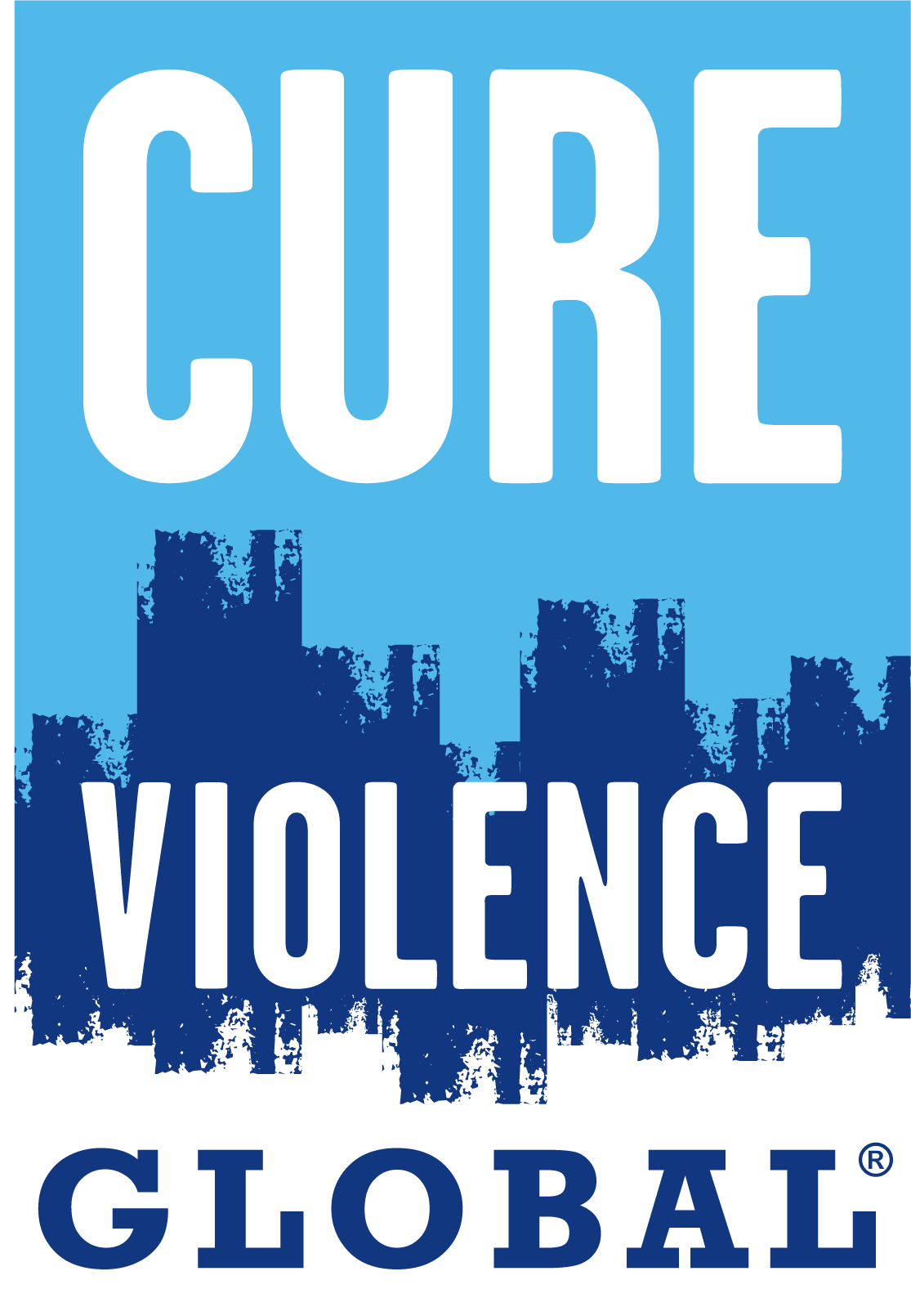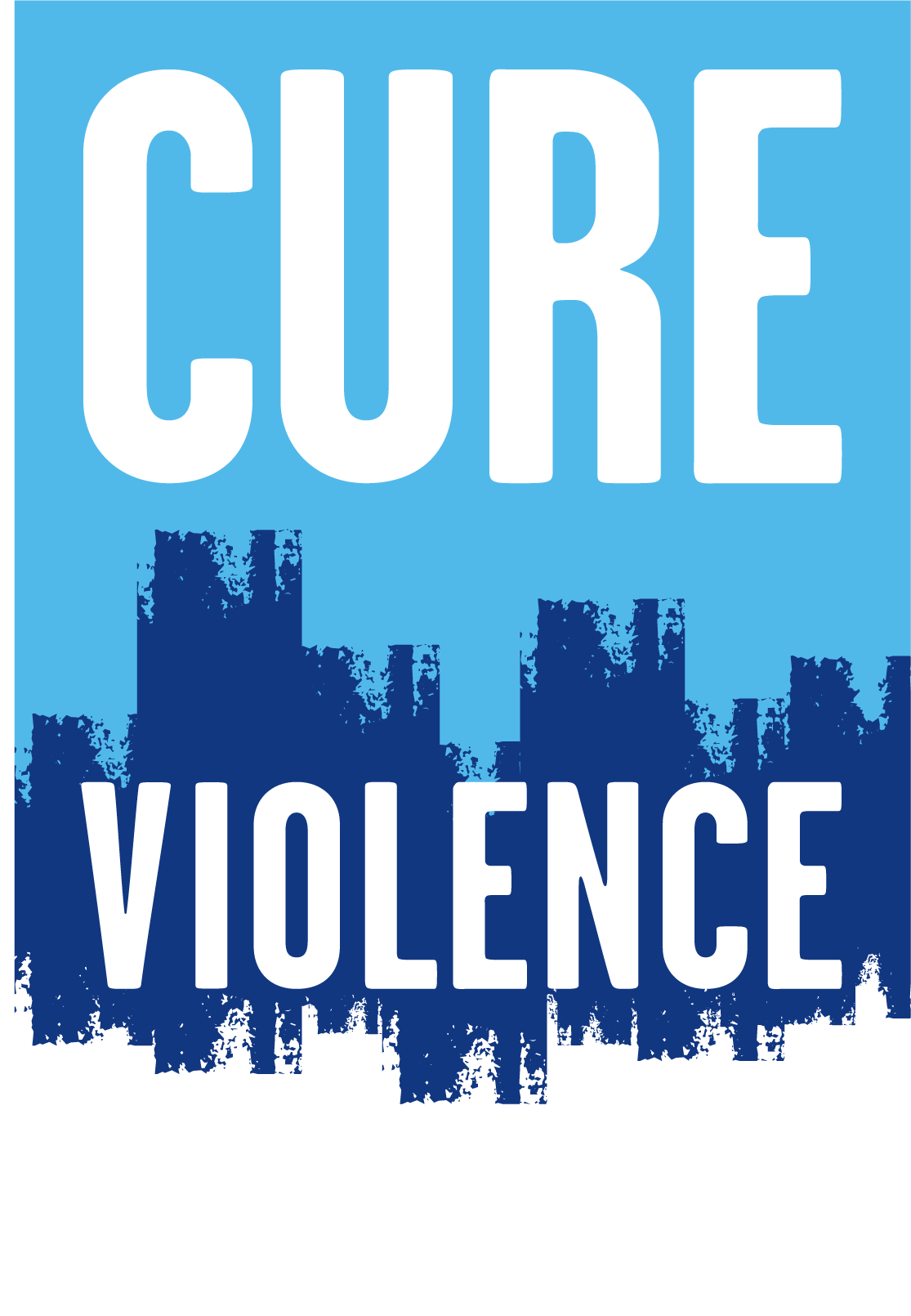Part 1 in a series of blogs on CVG’s work in Latin America and the Caribbean in collaboration with UNICEF by Joana Argemí and Sydney Heath[1]
 Most people know that crime and violence are among the most persistent concerns for residents in Latin America and the Caribbean (LAC). But few are aware of the extent to which this impacts women and children. According to the Economic Commission for Latin America and the Caribbean (ECLAC), in 2019, 4,640 cases of femicide were recorded in 24 out of 33 countries. In addition, national surveys indicate that between 60% and 76% of women have been victims of gender-based violence at least once. The situation has been aggravated due to COVID-19, during which relevant support services have been scarce.
Most people know that crime and violence are among the most persistent concerns for residents in Latin America and the Caribbean (LAC). But few are aware of the extent to which this impacts women and children. According to the Economic Commission for Latin America and the Caribbean (ECLAC), in 2019, 4,640 cases of femicide were recorded in 24 out of 33 countries. In addition, national surveys indicate that between 60% and 76% of women have been victims of gender-based violence at least once. The situation has been aggravated due to COVID-19, during which relevant support services have been scarce.
Recognizing this problem, in 2019, Cure Violence Global (CVG) partnered with UNICEF to implement an adapted version of its model with a goal of reducing gender-based violence (GBV) and femicides in five cities in Honduras: Choloma, Chamelecón, Rivera Hernandez, Sambo Creek, and Corozal. The program is being used to significantly improve attitudes, knowledge, and behaviors around violence in the 42 communities in which CVG’s partners work. In addition to adapting CVG’s training curricula to include preventing GBV, CVG has updated its database to better capture information related to the prevalence – and prevention of – GBV. The workers at CVG’s partner sites were not only trained in interruption techniques and norm change but also in entering the data into CVG’s database to capture any interruptions related to GBV and femicides.
CVG’s partner site workers successfully mediated over 1800 violent conflicts and organized 284 anti-violence campaigns, which were attended by over 6000 women, men, and children. These were some of the achievements resulting from CVG-UNICEF’s program between May 2019 and September 2020. CVG also partnered with UNICEF to run workshops that focused on topics such as reversing gender roles, preventing domestic and gender-based violence, combatting sexual abuse, and preventing the spread of COVID through distributing masks and sanitizer[1].
 CVG’s partner sites collaborated with local and female organizations, Chambers of Commerce, and religious institutions to increase communities’ resilience in the face of natural disasters and COVID-19. CVG’s partner sites also redefined social norms in 10 different public schools and 2 private educational centers in Chamelecon and organized numerous workshops in Rivera Hernandez and Choloma. In aggregate, CVG’s partner sites had 2,015 mediations between January 2020 and January 2021. Prior to CVG’s partnership with UNICEF, CVG’s efforts in Latin America had focused primarily on interruption of ‘regular’ community violence and norm change related to the same. According to CVG’s Director of Latin American Programs Guadalupe Cruz, “the UNICEF partnership has opened the doors for CVG to implement the outreach role in Latin America”. In order for the outreach component to work, there need to be services available to which clients can be referred. Because UNICEF is able to help bring in relevant services, the CVG health approach can now include this third component (outreach), for the first time since CVG began its LAC operations.
CVG’s partner sites collaborated with local and female organizations, Chambers of Commerce, and religious institutions to increase communities’ resilience in the face of natural disasters and COVID-19. CVG’s partner sites also redefined social norms in 10 different public schools and 2 private educational centers in Chamelecon and organized numerous workshops in Rivera Hernandez and Choloma. In aggregate, CVG’s partner sites had 2,015 mediations between January 2020 and January 2021. Prior to CVG’s partnership with UNICEF, CVG’s efforts in Latin America had focused primarily on interruption of ‘regular’ community violence and norm change related to the same. According to CVG’s Director of Latin American Programs Guadalupe Cruz, “the UNICEF partnership has opened the doors for CVG to implement the outreach role in Latin America”. In order for the outreach component to work, there need to be services available to which clients can be referred. Because UNICEF is able to help bring in relevant services, the CVG health approach can now include this third component (outreach), for the first time since CVG began its LAC operations.
Due to the success of this collaboration, UNICEF is expanding its partnership with Cure Violence Global to other countries in LAC and adding a focus on working with children and adolescents in the school settings in order to improve violence prevention outcomes also for children.
Cure Violence Global’s LAC team is led by Chicago-native, Guadalupe Cruz, who has worked with the organization since 2008. Cruz has a background in public health research and community organizing and has served in several different roles within CVG. She began as a violence interrupter in the Little Village neighborhood of Chicago before she became the training coordinator for the Latin America team in 2013 and later the Director for the entire Latin America and Caribbean team in 2021. Cruz has led the implementation of CVG’s health-based approach in various sites including in Mexico, Honduras, El Salvador, Argentina, South Africa, and on First Nation reservations in Canada.
Click here to learn more about CVG’s work in Latin America and the Caribbean.
Bibliography
ECLAC (2020) Addressing violence against women and girls during and after the COVID-19 pandemic requires FINANCING, RESPONSES, PREVENTION AND DATA COMPILATION. Gender Equality Observatory for Latin America and the Caribbean [Online] Available at: ]https://oig.cepal.org/en/documents/addressing-violence-against-women-and-girls-during-and-after-covid-19-pandemic-requires [ Last accessed: November 7th, 2021
[1] Over 40,000 masks and 28,000 bags of water were distributed, along with other necessary supplies
[1] All data provided in this Blog Post is based on Internal Reports made by Cure Violence Global.


